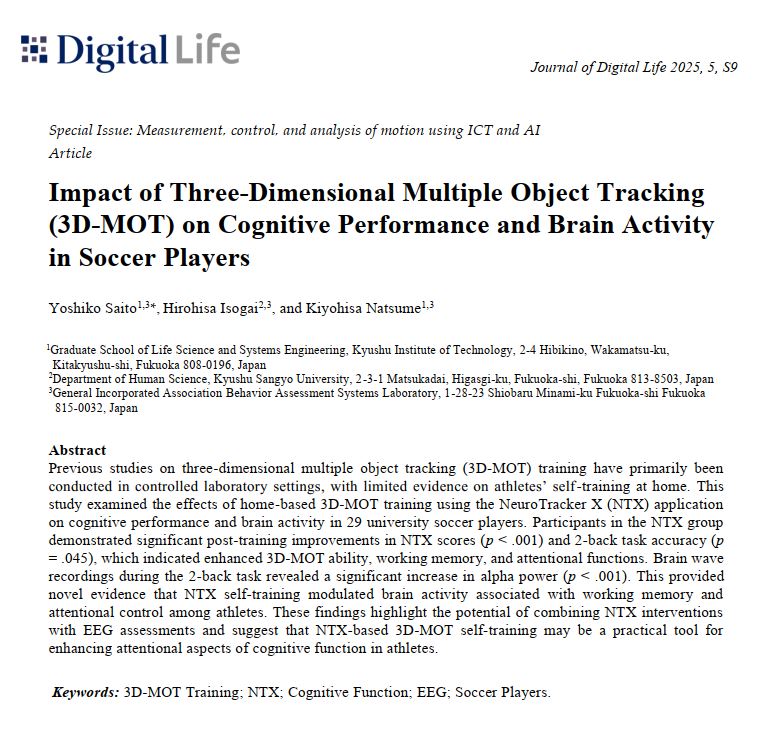Welcome to the Research and Strategy Services at in today's fast-paced.


Tennis isn’t just a game of skill and physical toughness; it is a game of minds like no other sport in the world. Here’s a great example of who the adversity players face on the big stage and their capacity to remain focused and endure the mental pressures of the game can dramatically turn around the results of a match in an instant. During the 2011 US Open semi-finals, Novak Djokovic, down 3-5 in the fifth set, saved two match points against Roger Federer with an incredible forehand winner, to stage a fantastic come back, book his ticket to the finals and win his fourth Grand Slam.
Awareness and focus in the game of tennis are key to anticipate where your opponent will hit the ball and when to attack the net, for example. Improving positioning through cognitive training can help a player get to the ball and dictate both the play and the pace of the game. Digging deep to overcome physical exhaustion when playing in the final of the Australian Open for 5 hours and 53 minutes and playing the longest singles final in the history of the Open Era is not just about being in prime physical shape, it is about mental strength and skill to make crucial decisions on the court. The Australian Open final between Novak Djokovic and Rafa Nadal showcased the capacity of two great rivals to remain at the top of their mental game.
Cognitive training technology trains the brain to become adaptable in complex situations. By improving, a tennis player can focus on court positioning and how to anticipate an opponent’s shot. Roger Federer is a master at throwing his opponents off-guard by using a multitude of trick shots like his famous Sneak Attack By Roger Federer, dubbed the SABRE, which consists of running in to hit a return on a serve. The complexity of Federer’s shot can be countered in a simulated environment that triggers the brain to focus on completing difficult tasks, as is the case with NeuroTracker.
Tennis has always incorporated innovative training methodologies to increase the pace and quality of the game. When facing a serve at 130mph from 75 feet away, sharp visual perception skills can help you predict the path of the yellow tennis ball. NeuroTracker can help in the perceptual reaction and cognitive reaction aspects of the game, in other words, in the positioning to return a fast serve back into play.








Welcome to the Research and Strategy Services at in today's fast-paced.

A new controlled study shows that remote NeuroTrackerX training improved attentional performance and frontal alpha brain activity in university soccer players.

An explanation of a structured habit-building framework for cognitive routines, emphasizing consistency, accountability, and long-term sustainability.

From stereo-3D to adaptive speed thresholds, get the lowdown on what makes NeuroTracker tick.
.png)